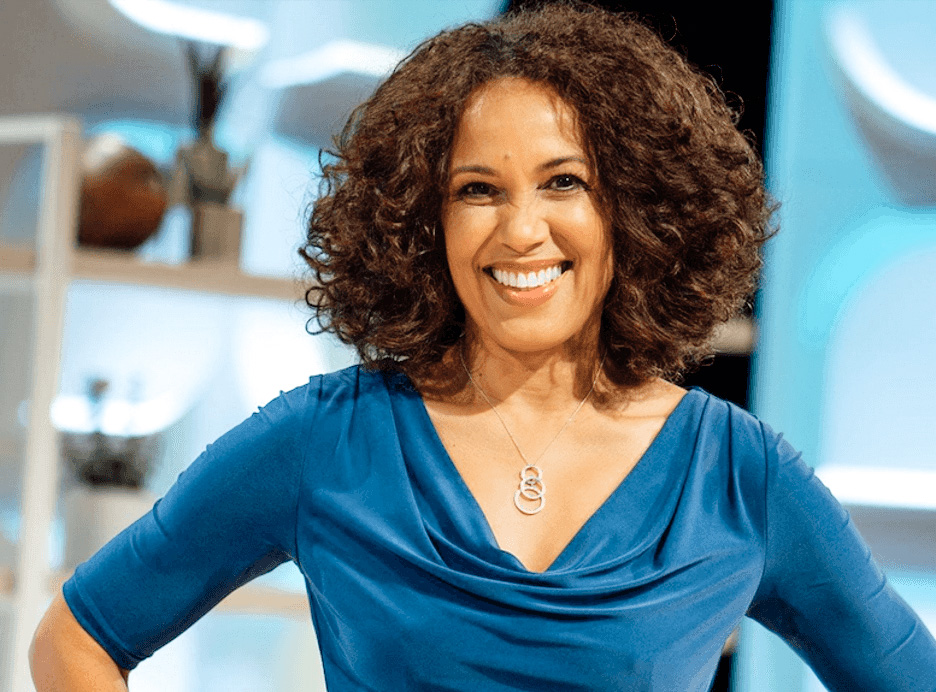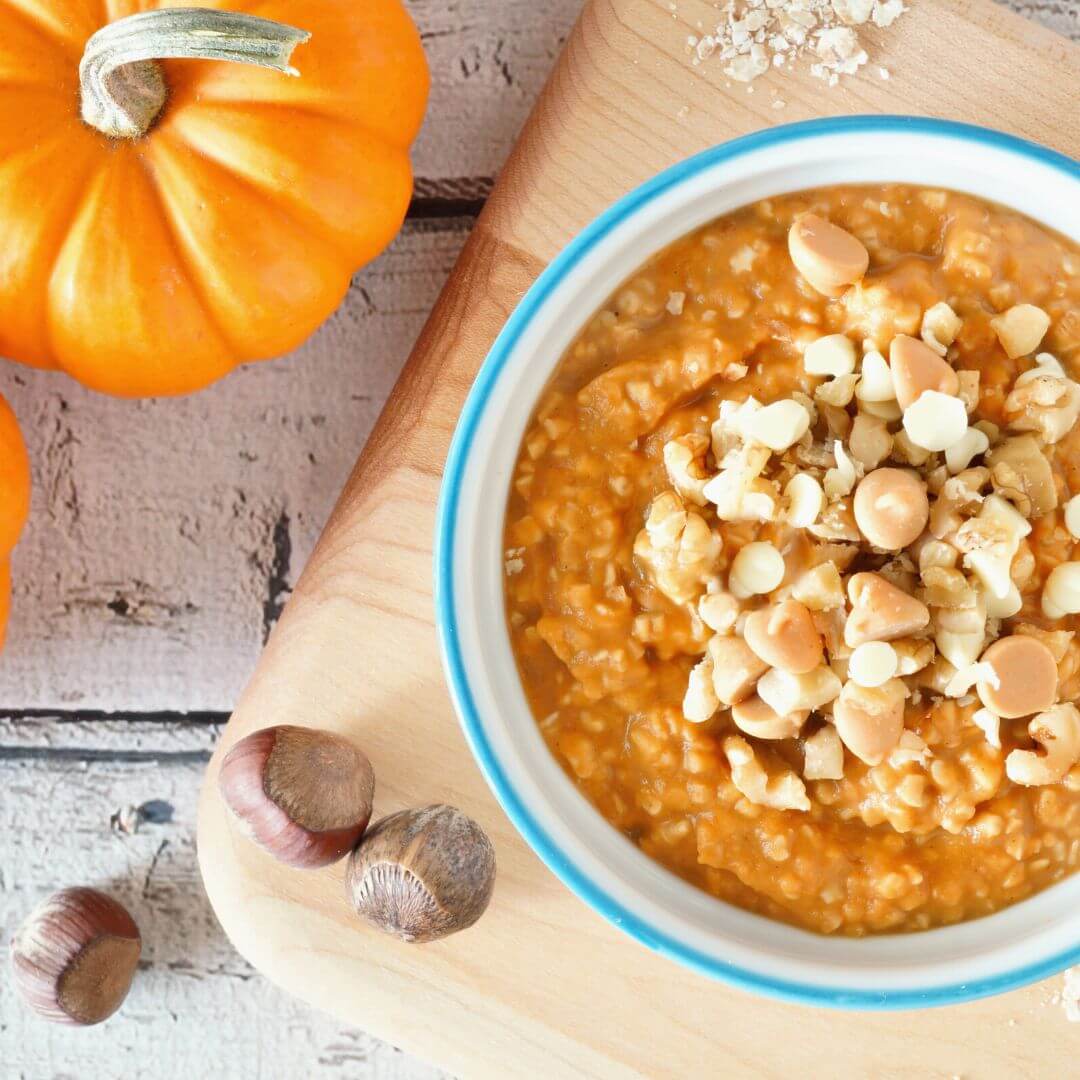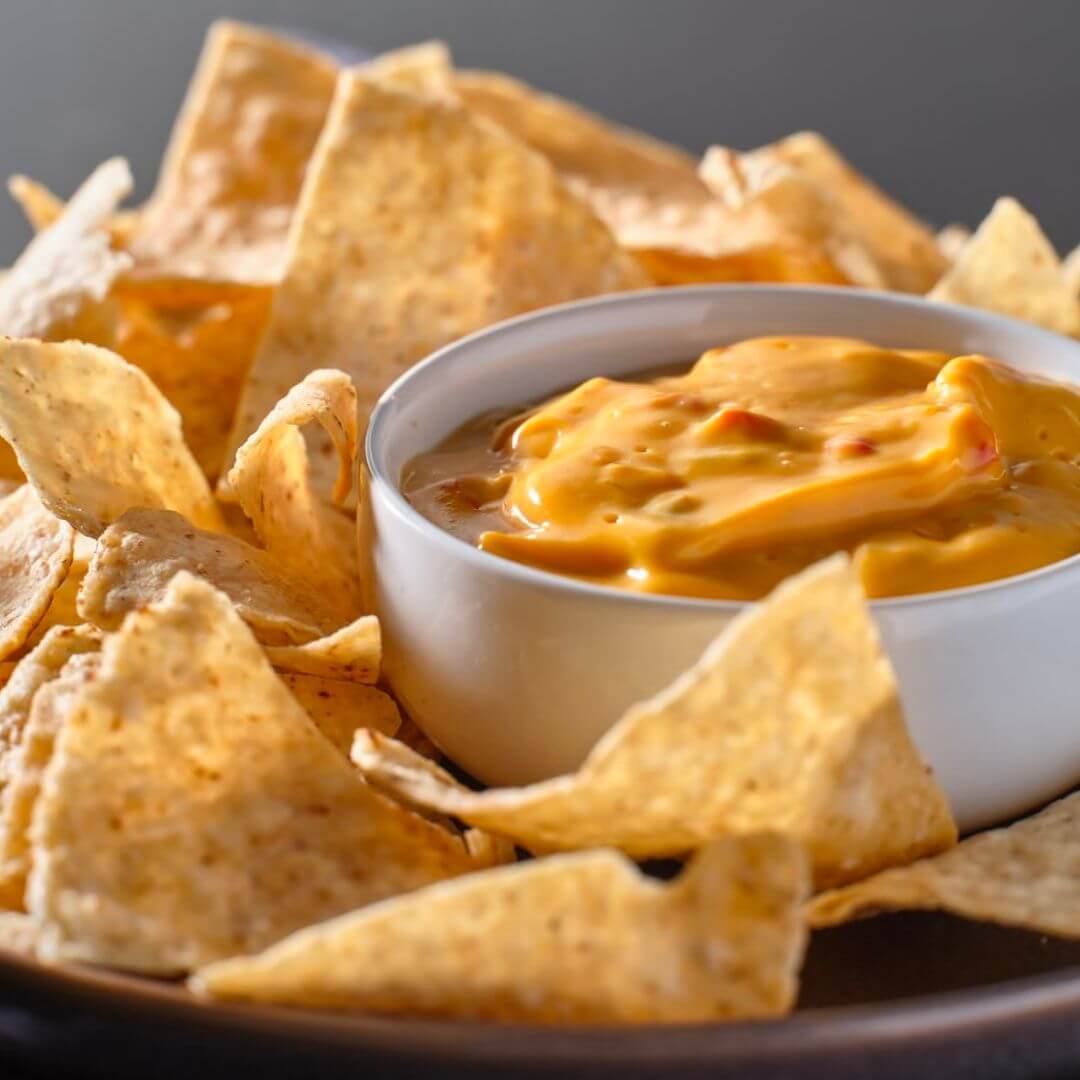This website uses cookies so that we can provide you with the best user experience possible. Cookie information is stored in your browser and performs functions such as recognising you when you return to our website and helping our team to understand which sections of the website you find most interesting and useful.
mindset
podcast
plant-based tips
meal prepping
meal planning
listen now
Plant-based inspiration and wisdom for your nutrition journey
Plant Centered &
Thriving Podcast
Tune in!
learn more
My motto? Take it step by step. Everyone’s on a different journey, and nutrition never looks exactly the same for any two people. To build sustainable, healthful eating habits, I believe in a personalised approach that gets to the root of your unique needs and goals.
Your Registered Dietitian Nutritionist & plant-based eating advocate
hey! I'm Ashley Kitchens
Registered Dietitian Karla Moreno-Bryce specializes in vegan nutrition for kids. In her profession, she frequently addresses some of the questions and concerns vegan parents are facing today. She is also a mother to a little girl that she is being raised vegan. Her mission is to empower vegan parents to feel confident in feeding their infant, toddler or child a healthy vegan diet for proper growth and development.
If you are thinking of switching your kids to a vegan diet or are wanting to raise vegan kids and are not sure where to start, you will find the answers here.

Misinformation leads to judgment
“Is it safe to raise a child vegan?” is probably the most common question that Karla is being asked. Typically, it stems from those who may not be aware about a vegan diet or just have preconceptions that a vegan diet may not be healthy for a growing child. For starters, it’s perfectly normal to have concerns and questions around that topic. Becoming a parent and raising a child is quite stressful as it is and to have concerns is natural.
The good news and answer to the question is “yes!” A vegan diet is nutritionally adequate for an infant, a child and any others thereafter in the life cycle. Nowadays, veganism is a diet that is supported by many health organizations, one of those happens to be the Academy of Nutrition and Dietetics. A well-planned vegan diet is perfectly safe, it’s healthy, and it supports the growth and development of a child.
Karla and her husband were vegan before the decision to have a child. Naturally, they wanted to raise their kids the same way they live. They wanted to instil the same value of compassion for their offspring. Sadly, there is still a lot of misinformation from those outside of the vegan community around this topic.
Vegan parents are being shamed for their choices. Some of Karla’s clients still feel like they’re getting a lack of support from their own parents or other parents in their community. This is why Karla decided to be a resource, not just for parents who need support, but also to bring awareness that a vegan diet is perfectly safe and nutritionally adequate for kids.
It seems a little bit unethical that other health care providers aren’t providing enough support or at least a resource for parents who choose to raise their kids on a vegan diet. This is why the parents need to be even more confident in their choice and have a place where they can get all the answers they’re looking for.
If this is something that you’re experiencing, know that you’re not alone. Karla has been there too: “I’ve definitely had to learn how to go about those challenges. But at the same time, it’s something that once I stay true to my values, I haven’t looked back since.”

Where to even start?
For some of Karla’s clients, it can feel overwhelming to feed their child a vegan diet, especially for parents who are just transitioning towards plant-based eating themselves. For those families who are just starting out, Karla’s recommendation is to start where you’re at. Maybe reducing your meat consumption is enough to start with. It’s not so much about making this a fast journey in terms of getting to where you want to be. Rather, take it at your own time to transition at a gradual pace that feels comfortable for you.
From the child’s perspective, it can be more of a challenge to transition if they’ve already learned a different eating pattern. This is why it is important to understand it from their point of view. It’s going to take time and require patience and understanding to help them through the transition. The older the children, the more involved they can be in the process of cooking and preparing meals together, going to the grocery store and picking out food for themselves. It becomes more of a partnership that way.
How to avoid stressful mealtimes
You don’t have to prepare a different meal for your child. Meal planning can become more overwhelming that way, too. Everyone can eat the same meal together as a family. It may just need certain modifications when it comes to serving meals to your child.
For example, when Karla’s daughter started solids, if she was making a farro and sweet potato bowl, she would cut the sweet potatoes into more finger food like shapes to make them more appropriate for her daughter. To the farro, she would add some nut butter and form it into a ball so that her daughter could hold it and bring it to her mouth. It’s all about finding ways to modify the food to make it appropriate for the child. But life is just a little bit easier when everyone else can eat the same meal.
Kids also want familiar foods. They want to eat what feels comfortable and familiar to them. But understand that your child may need a few exposures to learn to like that food. It could take 5, 10, 20, or even up to 50 times for them to even see that food to be ready to try it. If and when that time comes, it can feel a little frustrating if your child is not eating the same meal as you.
But Karla wouldn’t encourage you to make another meal or to prepare something else for them because then it becomes a habit. With a lot of patience and knowing that it may take some time for your child to learn to like those foods and want to try them, everyone is a little happier. You can try different textures, and different flavors and see what happens. It’s just something to keep in mind when it comes to mealtime.
What about nutrients?
It can be a little bit concerning to not know whether your kids are getting everything they need, especially when your child doesn’t seem to eat enough. To the parents, it may not look like it’s enough for them, but when the child is in tune with their own appetite and they know how much food they need to be satiated, that’s how we know that the children are meeting what they need. Once you add variety to the meals, from grains, legumes, fruits and vegetables to nuts and seeds, and ensure that there are different types of foods at each meal, you are more likely to have your child meet those nutrients.
Even if one meal doesn’t go as planned, there are other opportunities throughout the day where that nutrient requirement can be met. It’s all about finding variety during the day, but also finding meals and snacks that the child is willing to eat to ensure that those nutrients are met. And at the end of the day, if they didn’t eat much or get in a lot of variety, then at least a daily multivitamin can bring a little bit of comfort in knowing that they’re meeting their nutrient requirements.
We tend to focus on solely one meal and sometimes even one particular food at that meal. But a lot of the time, if we step back and sort of see a bird’s eye view of the day and even the week, we see that our child is actually eating more variety than we thought. Taking that perspective can help in knowing that your child is meeting their key nutrients.

Let’s talk about soy
Cow’s milk is being recommended to kids of all ages. But what if you are looking for a plant-based substitute to feed your child? In this case, Karla is recommending unsweetened fortified soy milk. Many parents often feel concerned that introducing soy will lead to feminization or breast cancer. And while all of those things are valid and concerning, research is showing that the intake of soy in children, especially when it’s introduced at an early age, actually has protective benefits later on like reducing their risk of breast cancer. There’s no evidence to show that soy, when consumed for boys, actually leads to feminism like some would say.
Therefore, soy milk would be the number one plant milk that is recommended primarily because other plant milks just lack the nutrients for children and soy milk has an overall better nutritional profile when it comes to the ratio of protein, carbohydrates, fats and also iron. Even though a lot of parents often prefer almond milk, which is perfectly okay to offer in their overall diet as a primary beverage, it’s not the best approach to offer to kids because it does lack some protein and overall carbohydrates.
Listen to the podcast episode
Further guidance for raising vegan kids
If you’re wanting to learn more or are looking for additional resources, Karla has lots of them!
- Vegan Kids Nutrition Product Catalog
- Vegan Kids Cookbook
- Vegan Kids Baby Led Weaning course
- Vegan Kids Nutrition Blueprint course
- Soy research: https://pubmed.ncbi.nlm.nih.gov/28838083/
IF YOU LOVE US, TELL US
If you enjoyed this episode, go ahead and hit SUBSCRIBE. There is a new episode every Monday. Click here to subscribe on iTunes.
And if you’re feeling generous, take a few seconds to leave The Plant Centered and Thriving Podcast a review on Apple Podcasts. Hearing what you think helps me to curate the best content possible that will benefit YOU. So all you do is click here to review, click “Ratings and Reviews” and “Write a Review.”
Relevant Links
- Instagram: @vegan.kids.nutrition
- Website: www.vegankidsnutrition.com
- Podcast: Vegan Kids Nutrition
Leave a Reply Cancel reply
more to explore
more to explore
Get weekly guidance to support your plant-based journey while strengthening your relationship with food, including weekly plant-based recipe ideas, tips, encouragement and so much more.
Join our newsletter
want blog updates?
explore
Founded by registered dietitian Ashley Kitchens, Plant Centered Nutrition shares approachable, evidence-based insights to inspire a balanced, plant-forward lifestyle. Ashley partners with brands, podcasts, and publications to show that healthy eating doesn’t have to be complicated—it just has to feel good and fit your life.
making plant-based eating easy, joyful, and realistic.


























share
click to LEAVE A COMMENT